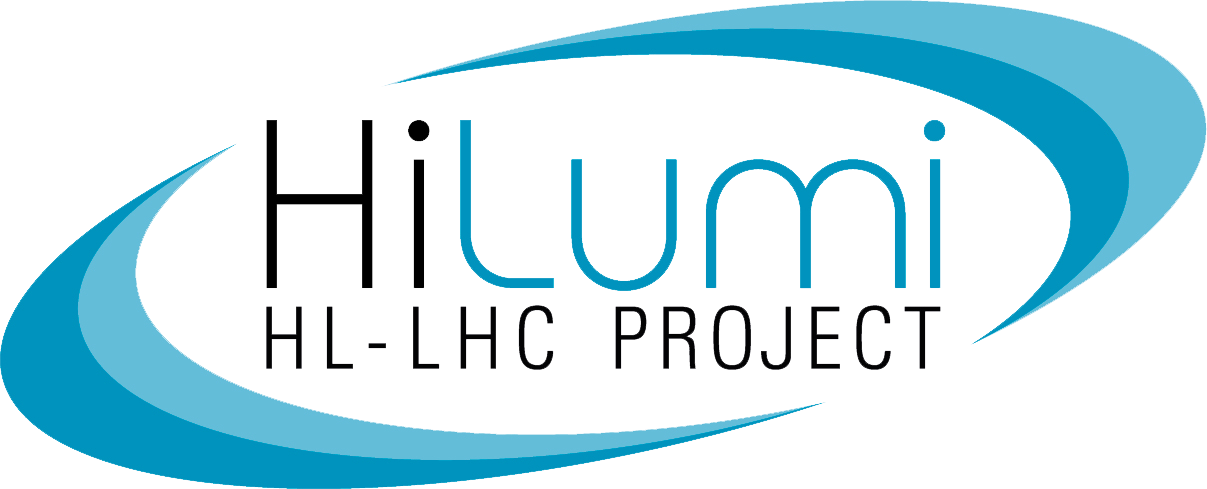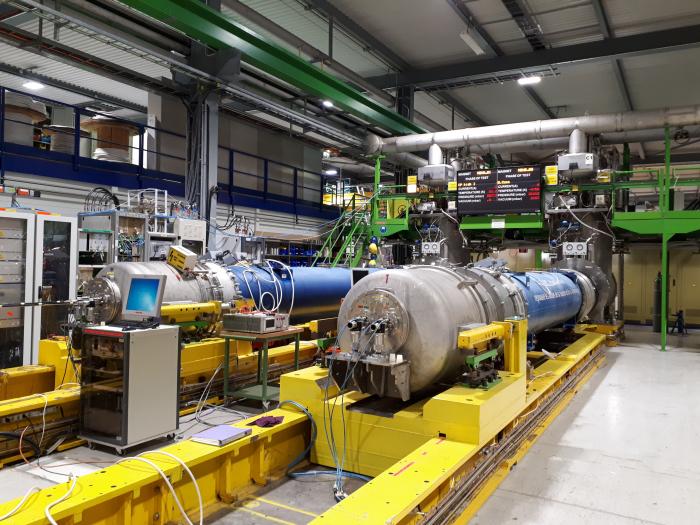As planned in the HL-LHC WP11 baseline, five 11T series magnets have been completed to date, out of which three have successfully reached stable nominal performance after first cooldown. Following thermal cycles, some magnets have shown to exhibit erratic quenches close to nominal current which may point to a performance degradation driven by thermo-mechanical effects triggered by the combination of powering and thermal cycles. This led to the decision not to install the 11T units during LS2 and to launch an in-depth program to understand the root causes of the observations and ensure the necessary reliability for long-term operation of these magnets in the LHC machine.
Upon recommendation by the SPC, a dedicated CMAC review of the 11 T magnet programme took place on March 11th, focusing on the present understanding of the potential causes of the degradation and the proposed investigations to further this understanding as well as the potential impact of the lack of the 11 T collimator units on Run 3 performance.
The CMAC confirmed in their final report the full support of the 3-phase investigation plan established by the magnet group and recommended that no change to the 11 T program or approach to collimation should be made before the end of 2022. Only then, could conclusive beam operation data be available to fully estimate any eventual performance limitations for proton operation with HL-LHC beam parameters without 11T dispersion suppressor collimations and only then could it be expected that the root cause analysis of the performance degradation be brought to completion. Both aspects are essential input for taking a strategic decision on the potential re-launch of an 11T magnet production. The present operations plan was confirmed to be well thought out and to very likely support all key performance parameters of Run 3. The final impact on cost and schedule for LS3 and further on from COVID-19 will be discussed in the upcoming C&S review in November 2021.
By Markus Zerlauth, HL-LHC Deputy Project leader.

